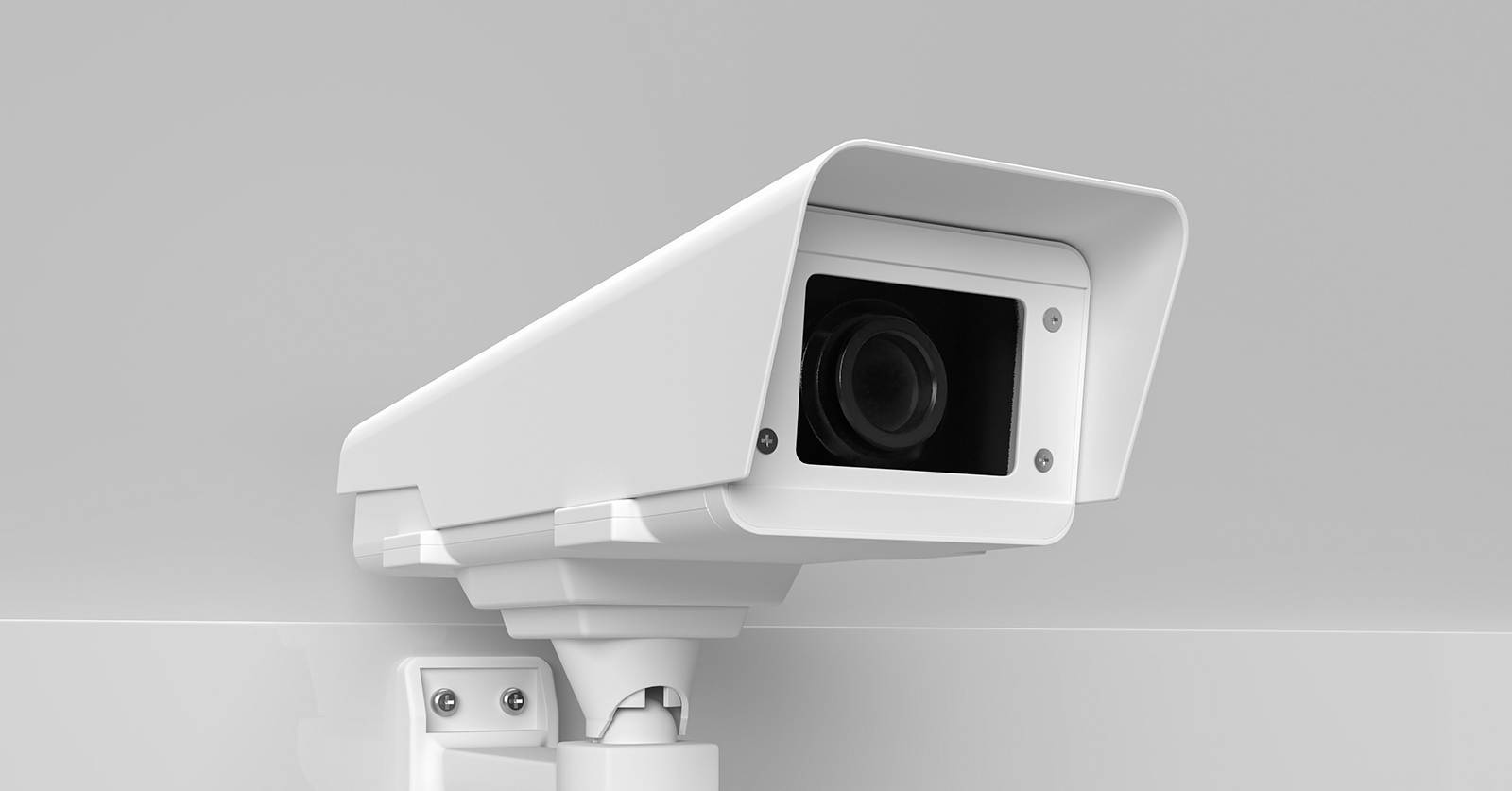By Jeffrey Randolph, Esq., ANJC Legal Counsel
It is common for health care providers to have security systems, including cameras, in their office.
The issue becomes when cameras include audio that may pick up private conversations and when video or audio are used in treatment areas, or other locations, where a person has an expectation of privacy. In such circumstances, there must be express written consent by the patient and others in that area, such as employees. Even then, you must take care not to run afoul of laws that impact privacy.
Federal wiretap law prohibits the intentional interception, endeavor to intercept, or procurement of another person to intercept or endeavor to intercept any wire, oral, or electronic communication. However, New Jersey is a “one person consent” state, which means that as long as one party to the conversation consents, they can record the conversations of others. In practice, it is a good idea to incorporate in your intake packet a specific consent form that the patient signs to consent to such recordings in your office, as well as have signage in the office indicating that video recording is occurring. Further, as employees will be taped as well, you should have each employee sign a consent form and maintain it as part of their human resources file. It is also critical that cameras are not placed in any area where a patient may disrobe and never in bathroom areas.
With regard to malpractice, videotaping may help, but it may also harm the practice. It boils down to “what does the tape show?” If a patient claims that the doctor on one specific occasion adjusted them with such force that they flew off the table, a videotape showing that this did not occur would be very helpful in a malpractice case. However, in other circumstances, it may not help. For example, if the office has a camera high up in the corner of the room that only shows the doctor’s back and blocks where he or she is touching the patient, and the patient later complains of a boundary violation, the tape may be more harmful than helpful, as the angle of the shot may make it look like they touched an inappropriate area. Remember, this is not a three-camera shoot like we see on TV with closeups from multiple angles. Rather, it is a static camera with only one angle, which may not be able to show all that occurred.
In conclusion, provided the patient and employees provide written consent and you have clear signage in the office that video recording is occurring, it is permissible to have cameras in the office other than areas of disrobing and the bathroom. However, remember that the video may help or harm you later on—it all depends on what the video shows.
The author of Legal Ease (Jeffrey Randolph, Esq.) is an independent person of the ANJC and his views are not authorized, sponsored, or otherwise approved by the A.N.J.C. The information provided is for general guidance on matters of interest only and may not take into account particular facts relevant to your individual situation. The application and impact of laws and health care can vary widely based on the specific facts involved. Given the changing nature of laws, rules, and regulations, there may be omissions or inaccuracies in the information contained in these materials. Accordingly, the information you receive is provided with the understanding that the author and the A.N.J.C. are not herein engaged in rendering legal, accounting, tax, health care, or other professional advice and services, nor are they providing specific advice with regard to your practice, the treatment of any specific illness, disease, deformity, or condition, or any other matter that affects trade, commerce, or legal rights of others. As such, this article should not be used as a substitute for consultation with professional accounting, tax, legal, health care, or other competent advisers. Before making any decision or taking any action, you should consult an appropriately trained professional.

